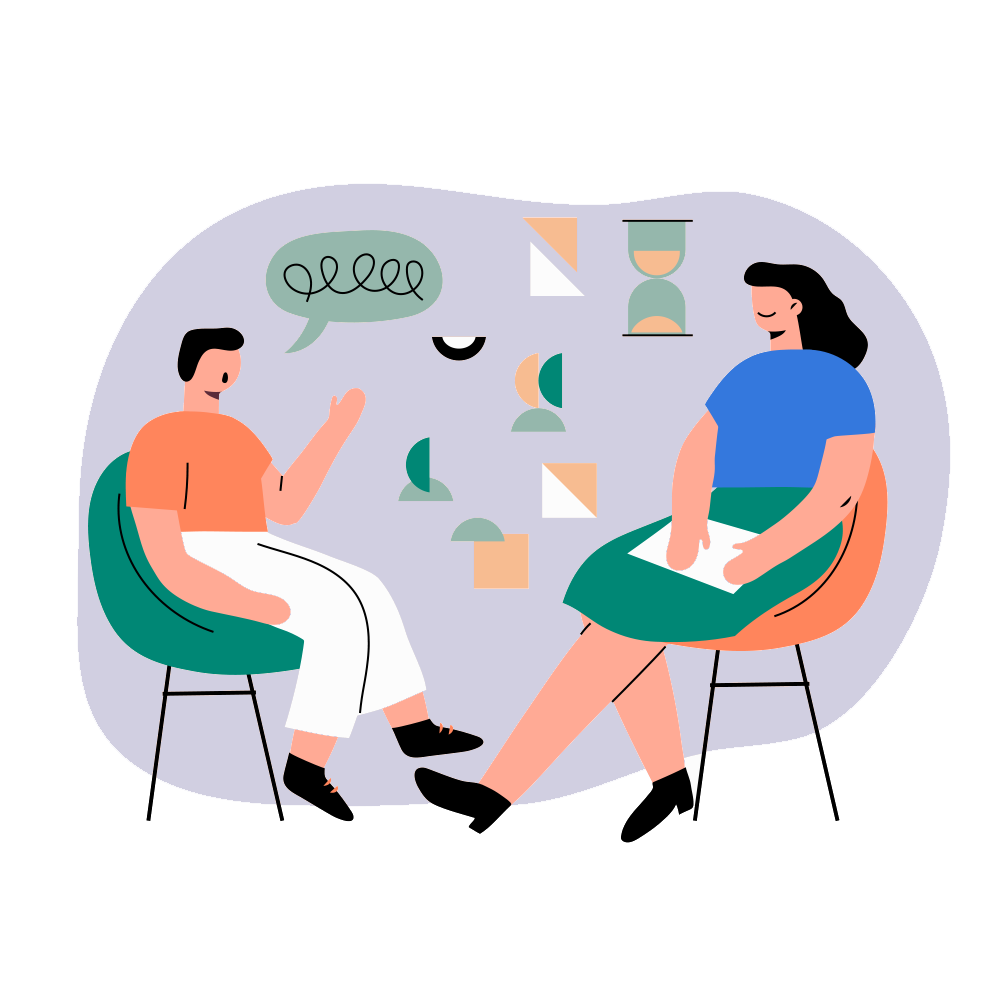
Do you know how to improve your knowledge in the provision of additional support for individuals with special needs?
This course is aimed at learners who would like to develop their skills and knowledge of special educational needs. It's beneficial to anyone seeking a career in teaching or supporting learners in schools or other contexts. It’s also suitable for parents and carers who wish to extend their knowledge in the area.
Support Individual Children
By the end, you’ll have the skills to respond effectively to the needs of a diverse range of children, creating environments and opportunities in which they feel included. During this course you will learn about disruptive behaviour, concepts and key terms in the field of special needs, and it will help you support SEN students pastorally.
The latest mental health reports for children and adults indicate that:
Age; Disability; Gender Reassignment
Marriage and Civil Partnership; Pregnancy and maternity; Race
Religion or belief; Sex; Sexual orientation
During the course you will learn:

How to..
.. demonstrate knowledge and understanding of pupils misbehaviour

How to..
.. explore theory and legislation relating to The Equality Act

How to..
.. reflect on inclusion within educational contexts and how to engage successfully with children, parents, and other professionals
Course author:

Sam Garner
Sam Garner is an ex SENCo who had pastoral and mental health responsibility, and she set up a therapeutic unit for students on the verge of exclusion.
She then worked with children excluded from education and children in secure foster care whilst qualifying as a Cognitive Behavioural Therapist.
Then, she became a self-employed trainer and speaker, and set up her own company providing CBT programmes for use in schools.
Sam worked with a whole range of education settings from Youth Offender Institutes to some of the most prestigious independent schools here, and abroad and published a book on Mental Health in Education.
Now, she is passing on some of her knowledge and experience to help you be successful in your role.
EAL Students

EAL statistics in England.
In the January 2020 school census 21.3% of primary school students, and 17.1% of secondary school students were categorised EAL.
Some EAL students are sent to English boarding schools from abroad, without their families.
EAL students can also include those who were born and raised in the UK speaking a language other than English.
The most common first languages spoken by EAL learners include Polish, Punjabi, Urdu, Bengali, Gujarati, Arabic, French, Mandarin Chinese, Portuguese, Spanish and Tamil.

How to support EAL Students Pastorally?
Ensure there is a key member of staff for EAL students – someone they can go to if they have a problem.
Provide a safe space for them when they need, particularly during non-structured times.
Maintain and develop learners’ first language alongside improving their English.
What will you gain by taking part in the course?

New, current threads
During the lectures of this course you will gain vital insights and perspectives to help provide more inclusive support for children with special educational needs.

New skills
Gain practical skills to better support children with additional needs. Explore theory and legislation relating to additional needs. Identify strategies to support individual children Learn how to communicate and collaborate with parents, and other professionals. Demonstrate knowlegde of applying ideas into everyday practice.

Practice
The course covers a range of areas related to special needs and the need for additional support. The course will increase the learners understanding of legislation related to this area and also introduce suggested practice to individuals working within special needs provision.

Availability
You will have access to all materials in a convenient form online around the clock, 24 hours a day, 7 days a week, 365 days a year, so you can learn where, how and when you want by using downloadable resources such as notes, videos, slides, factsheets, assessments and highlighted key points in each course section which are helping you to keep on track, as well as improve your results.

Certification
Once you have pass the course test and completed the course you will receive a personal document confirming participation in the course.
You will be able to download your certificate of completion from 'my panel' on the UniqSkills platform and share your new skills online with potential employers, and your professional network.
Syllabus:
|
Module 1 - Disruptive Behaviour |
|---|
|
Section 1 - Why do pupils misbehave? |
|
Section 2 - Recognising SEN causes for misbehaving |
|
Section 3 - De-escalation techniques |
|
Section 4 - Supporting from outside the classroom |
|
Section 5 - Supporting a school wide approach |
|
Summary of Module 1 |
|
Test |
|
Module 2 - Supporting SEN Students Pastorally |
|---|
|
Section 1 - The Equality Act and reasonable adjustments |
|
Section 2 - Dyslexia & Literacy Difficulties |
|
Section 3 - ASD |
|
Section 4 – ADHD |
|
Section 5 - Supporting EAL students and Third Culture Kids |
|
Summary of Module 2 |
|
Test |
|
Completion of the Course |
How do customers rate the course?
Order this course
THIS ADVANCED ONLINE COURSE INCLUDES:
Recognising Disruptive Behaviour
- 24/7 access to a modern platform
- Expert Trainer
- Access on mobile and tablets
- Study when and where you like
- Hours of on-demand videos
- Certificate of completion
Are you interested in making a purchase? Leave us youremail address, and we'll get back to you with anoffer!
Course Quality Guarantee ✔